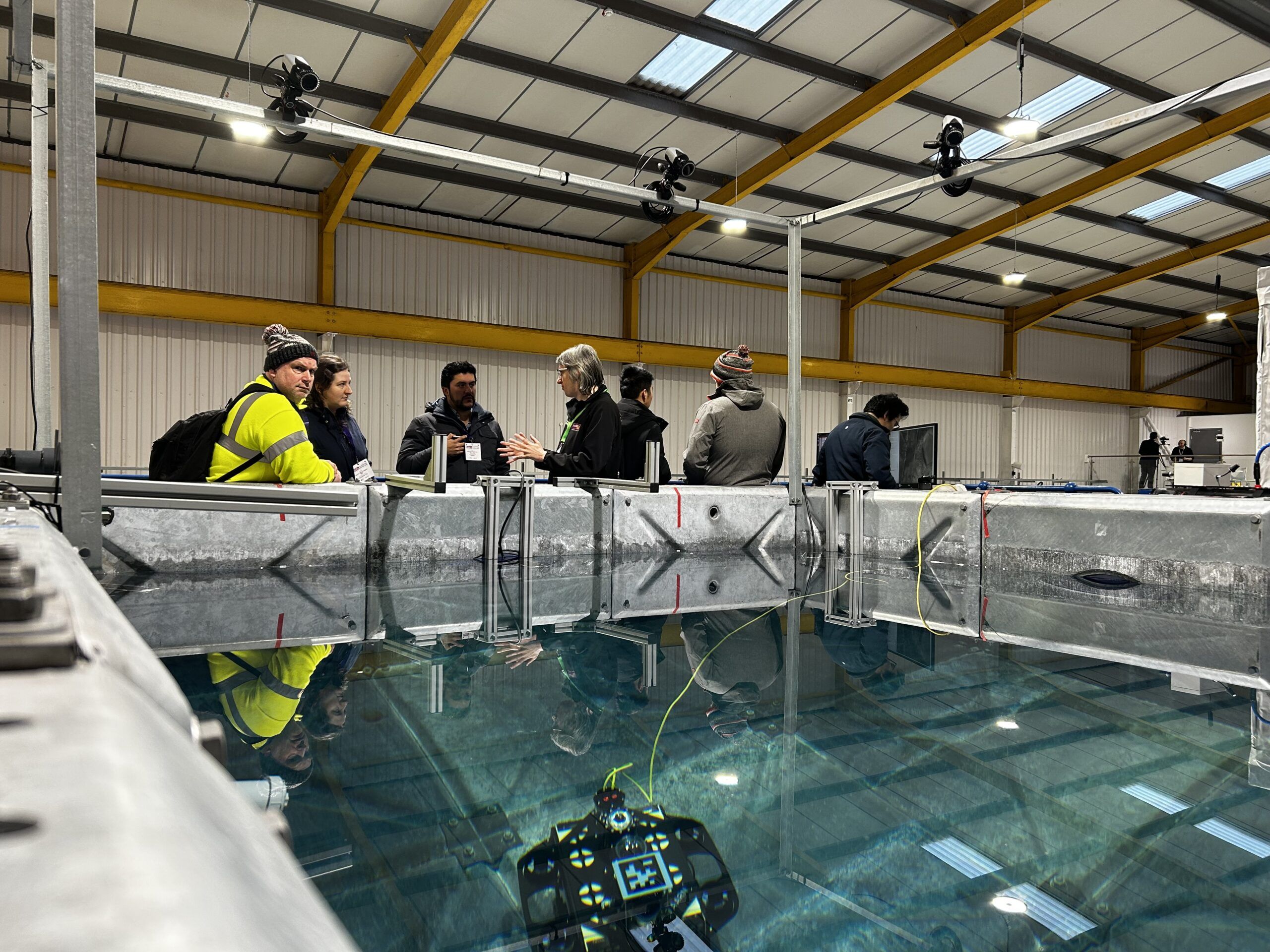News
RAICo and Co-Lab: Demonstrating Impact Through Robotics Innovation
22 Sept 2025

The Robotics and Artificial Intelligence Collaboration (RAICo) is not just pioneering robotics and AI solutions for the UK’s most complex nuclear challenges; it’s also ensuring that the benefits of that innovation are felt close to home.
By working with local Cumbrian partners like Co-Lab Engineering – a team of engineering innovation consultants that helps solve some of the industry’s most complex problems – RAICo is delivering not just technological transformation but also economic and social value to the communities of Cumbria.
Since late 2024, Co-Lab has been working closely with RAICo to quantify the tangible benefits of its technology-led projects, offering a vital capability: the ability to demonstrate how novel robotics deployments in nuclear decommissioning and fusion engineering are reducing risk and cost, whilst delivering measurable value for UK taxpayers.
A Shared Vision Rooted in Cumbria
The idea of a collaboration emerged during a meeting of the Cumbria Robotics Cluster, powered by the Industrial Solutions Hub. Co-Lab’s Managing Director, Clyne Albertelli, and RAICo’s Director, Dr Kirsty Hewitson, began a discussion about the importance of quantifying value and impact.
“We talked about what each of us were trying to achieve,” Albertelli recalls. “It became clear that Co-Lab’s approach to capturing benefits could provide a really useful lens on the impact RAICo’s innovations were having in real-world settings.”
Co-Lab brings deep domain knowledge in nuclear decommissioning, having previously delivered similar work for organisations across the nuclear estate. That familiarity with the sector’s challenges made them a natural fit.

Clyne Albertelli, credit: Co-Lab
Why Measuring Impact in Nuclear Is So Difficult
Measuring the impact of R&D projects in nuclear decommissioning is notoriously difficult. With long timescales, enormous budgets, and high levels of safety and regulatory complexity, clear value measures are often elusive.
“Decommissioning projects operate at huge scales, and money can feel abstract to the frontline teams delivering the work,” Albertelli explains.
“Demonstrating impact isn’t just about the numbers, it’s about connecting strategy to reality. Time saved, risk reduced, waste avoided; those things matter. It’s a cultural challenge as much as an analytical one. We believe that if you can make a problem visible, you can solve it. And if you can solve it, you can deliver it.”
Making RAICo’s Impact Visible
Over nine months, Co-Lab worked with RAICo to analyse its portfolio, identify key project themes, and create case studies for those deemed to have delivered the highest value. That meant interviewing project leads, engaging with operators, and gathering granular data from the field, not just top-down financials.
“We’ve seen real, tangible benefits,” says Albertelli. “Cost reduction, waste reduction, and lower risk to human operators. We’ve demonstrated those benefits using data from local operating units, the specific, referenced values that make the numbers meaningful.”
For example, where a quadruped robot was deployed in a facility within a nuclear decommissioning site, Co-Lab looked at how many hours of human entry into hazardous zones were avoided, how much waste was collected, and what the cost savings were in reduced use of air-fed suits and associated materials.
“Local in this context means the actual site and scenario where a new technology is deployed,” says Albertelli. “That’s where you see the real value, when a robot takes on tasks in a hot cell, or when AI speeds up inspection cycles. We anchor the impact to real, specific use cases.”

Why Working with Local Suppliers Matters
RAICo’s remit includes enriching the local economy, and working with organisations like Co-Lab is one way it delivers on that mission. The relationship also shows the practical advantage of local partnerships.
“The fact that we’re embedded in the region, and have worked in frontline nuclear roles ourselves, makes a big difference.”
That background enables Co-Lab to build trust quickly, access critical information, and understand operational challenges with credibility.
“Our ability to pick up the phone to a facility manager we’ve worked with before — to get real-world insight into how a project is landing — is a key advantage. It’s about more than data; it’s about relationships.”
Beyond Cost: A Broader Definition of Value
Co-Lab’s approach is rooted in a multidimensional view of benefits, aligned with the sustainability principles of economic, environmental, and social value. This includes not just cost and time savings, but also carbon reduction, professional development, and knowledge transfer.
“Too often, people focus only on pounds saved,” Albertelli says. “But this isn’t an accountancy problem — it’s a world-first challenge in nuclear decommissioning. Our job is to show the broader picture, including reduced emissions, and safer working practices.”
This approach aligns closely with RAICo’s mission: empower people to develop robotics and AI solutions that create opportunities for supply chains and deliver impact for industry and communities.